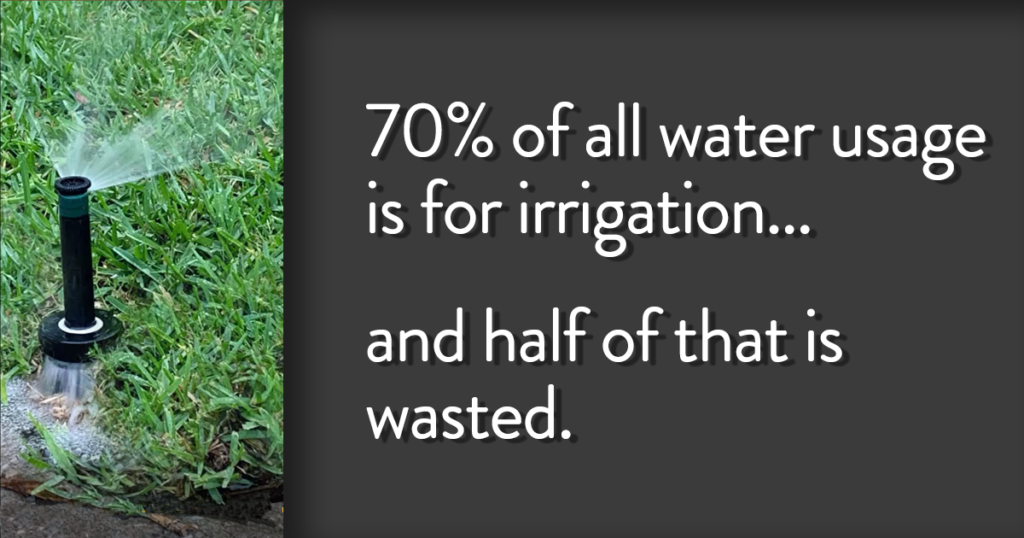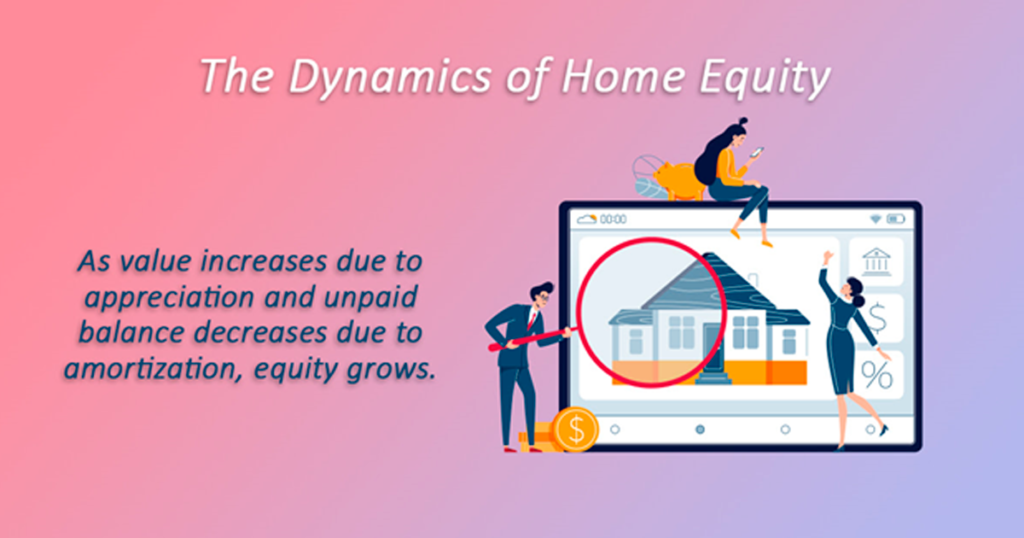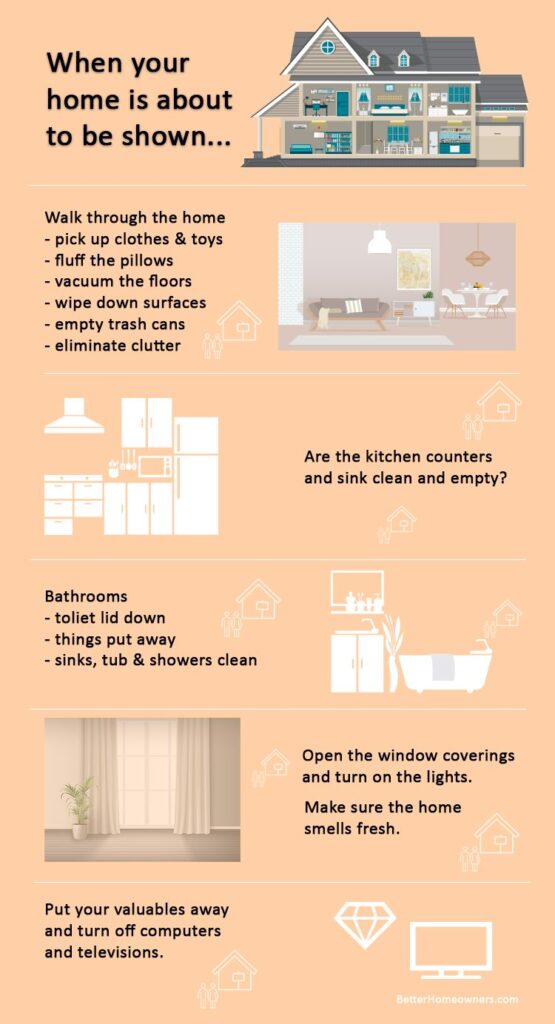What are the Three M’s of Homeownership?
Homes are valuable assets and must be maintained so they function properly, are safe, enjoyable and hold their value. Attention to the Three M’s of homeownership: maintenance, minimizing expenses and managing debt and risk will protect your investment.
Maintenance
It is interesting that people understand the necessity of regular car maintenance. They regularly have their car inspected, repaired and maintained. However, even though a house is worth many times more than a car, homeowners regularly neglect routine maintenance.
Failure to maintain a home properly adversely affects the value. Buyers will discount the price they are willing to pay for a home that needs repair. Often this is for more than the actual cost of the repair or expenditure. A home in good condition instills confidence. A home in “less than good condition” generates concern about unknown items that may also need repair.
If you maintain your HVAC systems and other appliances, they run more efficiently. This will result in lower utility bills. Additionally, finding and repairing small issues during maintenance often prevents more expensive repairs complete replacements.
For example, failure to replace the air filters regularly may seem minor. But, clogged filters could lead to a more expensive repair like having to clean the coils. Eventually, it could even lead to a larger, much more expensive issue like burning out a HVAC motor. The aggregate cost of replacing the filters is much less than the cost of a new furnace or A/C unit.
It is often more expensive to fix something that is not working, than prevent it from failing with regular maintenance.
Minimize Expenses
Every dollar you spend on maintenance, increases your cost of ownership. Perform simple maintenance items yourself. For instance, change the air filters yourself and you’ll save the cost of having a professional do them. However, the list of minimizing expenses goes way beyond maintenance.
Replacing all your light bulbs with energy efficient alternatives like LEDs is a great example. As Ben Franklin’s said, “a penny saved is a penny earned.” Every dollar you save on utilities lowers your overall cost of housing.
Windows and doors with inadequate seals, or an improperly insulated house could be using considerably more energy than necessary. Often these adjustment costs are recaptured in utility savings in a short period of time.
Knowing the right service providers can be a big source of savings as well as give you peace of mind. Your real estate professional has developed a wide range of trusted service providers who are both reputable and reasonable. You should feel comfortable asking for a recommendation whenever you need one.
Manage Debt & Risk
Refinancing your home to get a lower interest rate can be a big savings. However, you’ll need to determine how long it will cost you to recapture the cost involved. A Refinance Analysis calculator can help.
Other cost-saving items could include investigating multi-policy discounts for insurance. You can also see if you can lower your property tax assessment. Other items like low-flow toilets and smart thermostats also help save you money. Unplugging small appliances when not in use and adjusting the temperature on HVAC units and water heaters also adds to your savings.
While you are talking to your insurance agent about possible discounts, ask about your liability coverage also. Homeowner policies have a stated amount of coverage. However, your personal financial situation or exposure may indicate that you need to increase those amounts. Generally, homeowners with pools or boats have increased risk. You may want to ask your agent about your other recreational activities.
Owning a home has a lot of responsibility and having a good source of information is valuable. Your real estate professional can help you with the Three M’s of homeownership. They are uniquely qualified to be your source of credible real estate information. You may be wondering why they would be helpful even when you are not buying or selling a home. This is because they want to establish long-term relationships with you. That way, whenever you need their services again, you will feel comfortable contacting them. You will also feel confident to refer them to your friends.
For help with your own Three M’s of Homeownership, contact us at Sound Investments by clicking here.













